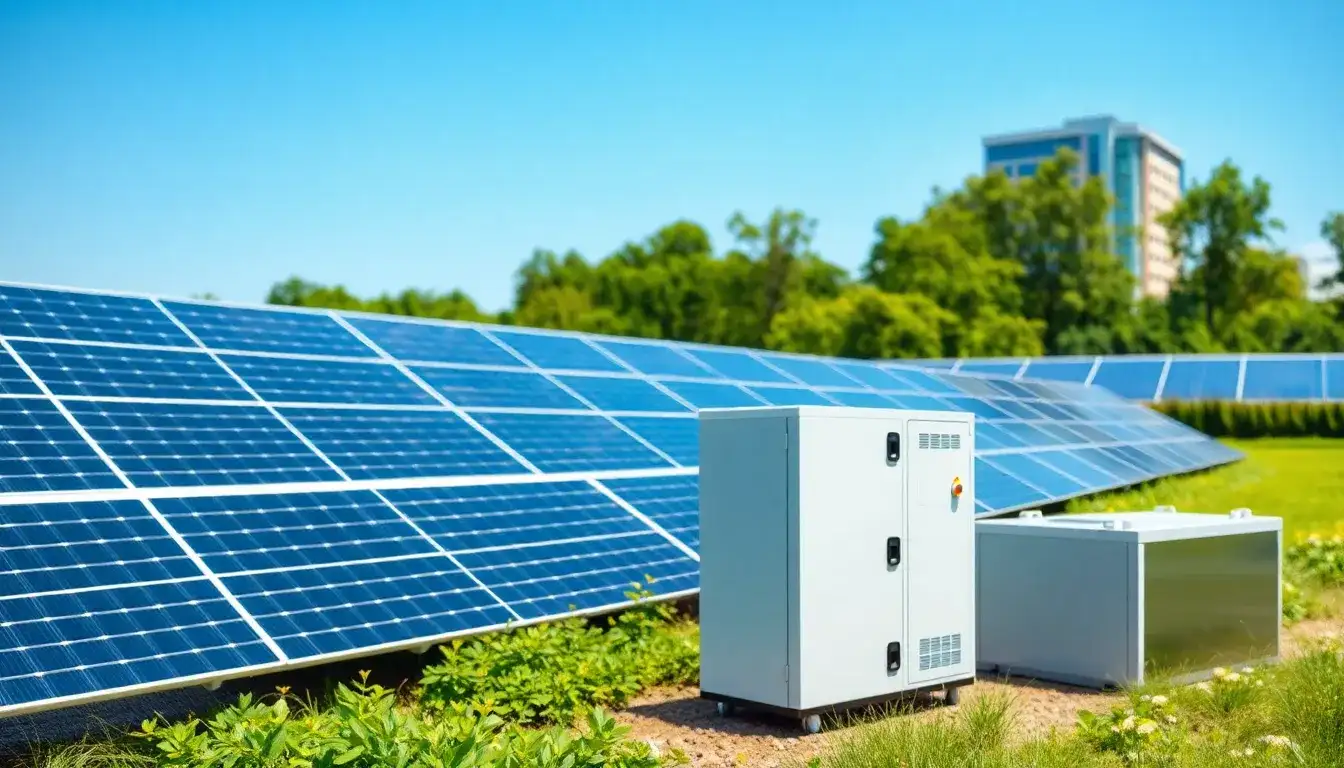
Government Mandates Two-Hour Energy Storage Integration With Solar Projects in Future Tenders
The Ministry of Power has mandated that renewable energy implementing agencies integrate a minimum of two hours of co-located energy storage systems with solar projects in future tenders. This initiative aims to address peak hour demand and mitigate variability issues associated with solar energy.
According to an advisory issued on February 18, the integration of energy storage systems with solar projects could enhance the storage capacity to 14 GW/28 GWh by 2030, a significant increase from the current capacity of 4.86 GW as of December 2024. Presently, the installed capacity of energy storage systems comprises 4.75 GW of pumped hydro storage and 0.11 GW of battery energy storage projects.
The National Electricity Plan, released by the Central Electricity Authority, indicates that to successfully incorporate 364 GW of solar and 121 GW of wind capacity by 2031-32, India will need 73.93 GW and 411.4 GWh of storage capacity for solar and wind energy, respectively. This includes 25.69 GW/175.18 GWh from pumped storage and 47.24 GW/236.22 GWh from battery storage.
To meet these ambitious targets, all renewable energy implementing agencies and state utilities are encouraged to include a minimum of two-hour co-located storage systems, which should represent at least 10% of the installed capacity of solar projects in upcoming tenders. The advisory emphasizes that this requirement will help alleviate intermittency issues and provide essential support during peak demand periods. Furthermore, it suggests the inclusion of a compliance mechanism in bid documents to ensure storage availability during non-solar hours.
The advisory also mentions that even power distribution licensees might consider requiring two-hour co-located storage systems for rooftop solar projects. The recent decline in battery prices is expected to lower power purchase costs during evening hours, when solar generation is not available and energy rates tend to rise.
Rupesh Sankhe, vice president and power sector analyst at Elara Securities, noted that this move was anticipated due to the significant drop in battery prices. He pointed out that power distribution companies (discoms) were previously reluctant to enter power sale agreements solely for traditional renewable projects like solar or wind. However, co-located projects are likely to gain traction, particularly those that combine solar with battery storage or pumped hydro storage.
While the two-hour storage requirement is a step forward, Sankhe believes it is still relatively small. He predicts that in the future, India will need to implement six to eight hours of battery energy storage systems (BESS) to effectively manage the four-hour evening peak and two to three hours of morning peak demand. This enhancement will also contribute to grid stability as the proportion of renewable energy in the energy mix increases.
Original article by NenPower, If reposted, please credit the source: https://nenpower.com/blog/government-requires-two-hour-energy-storage-for-future-solar-projects-in-tenders/


